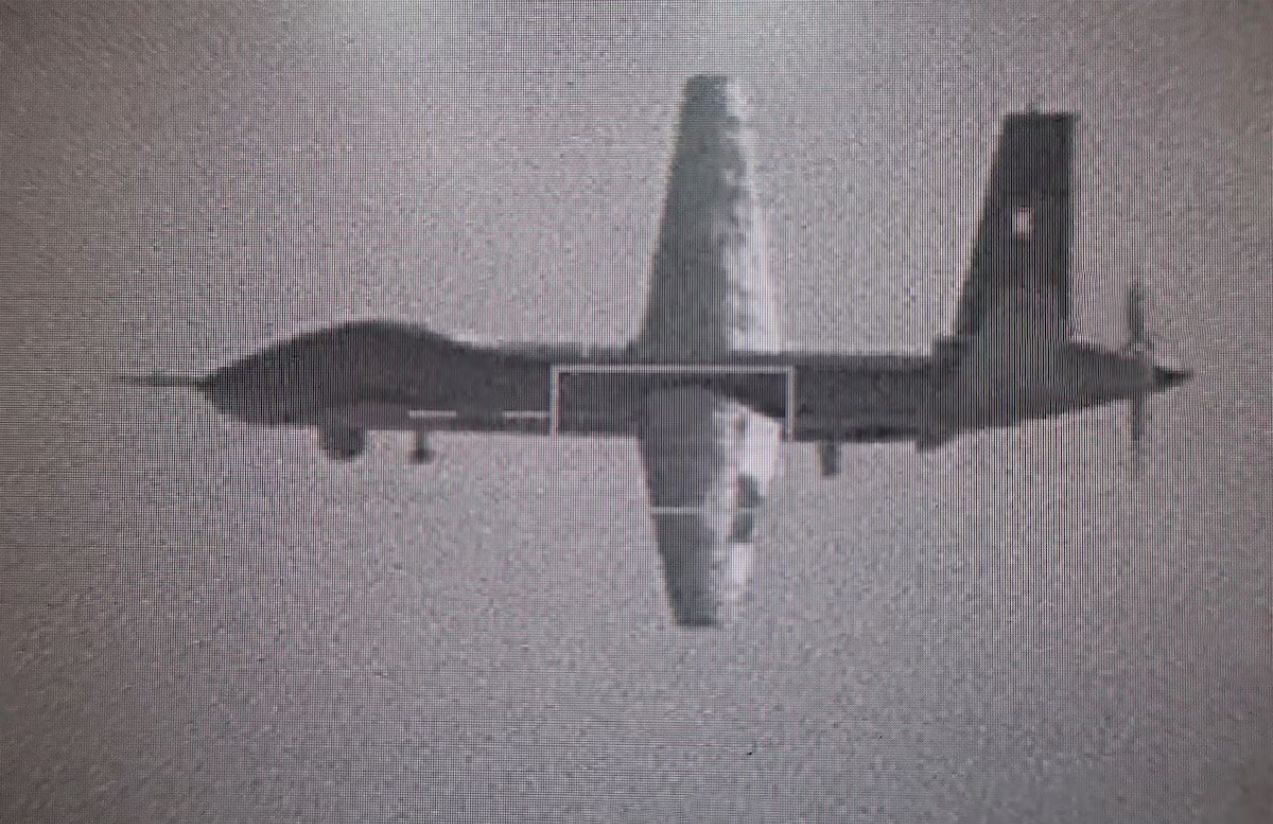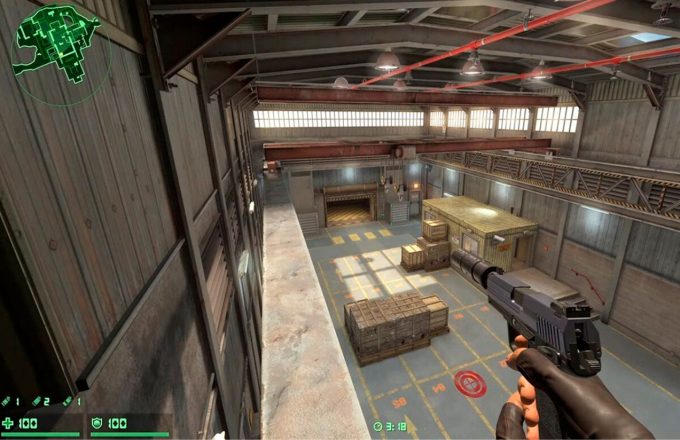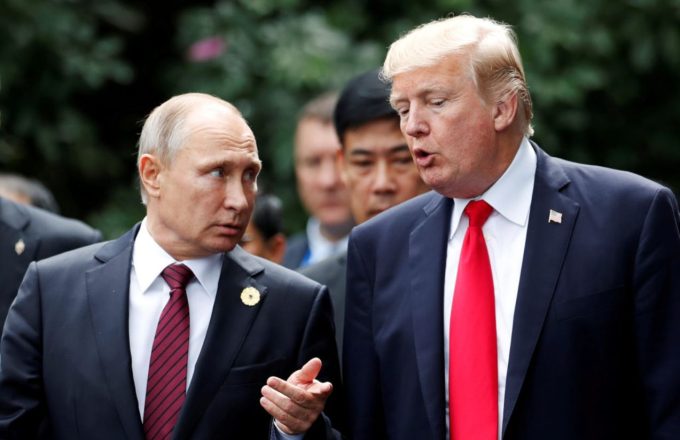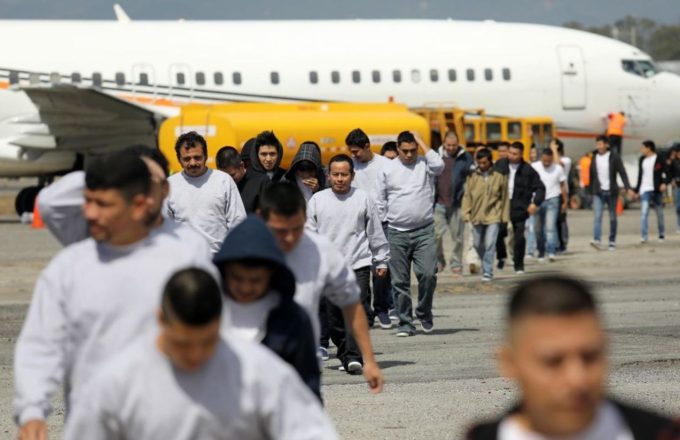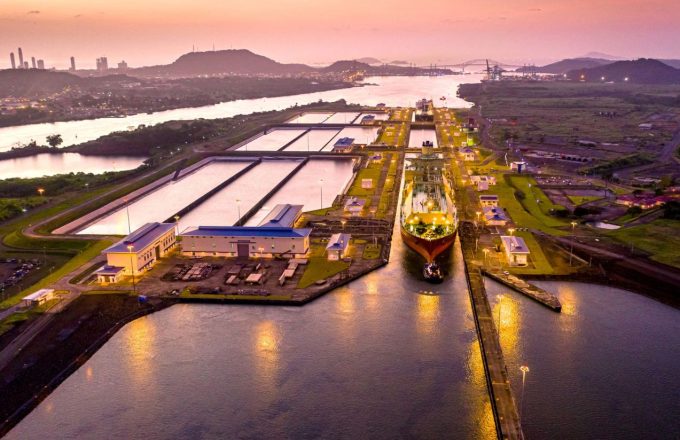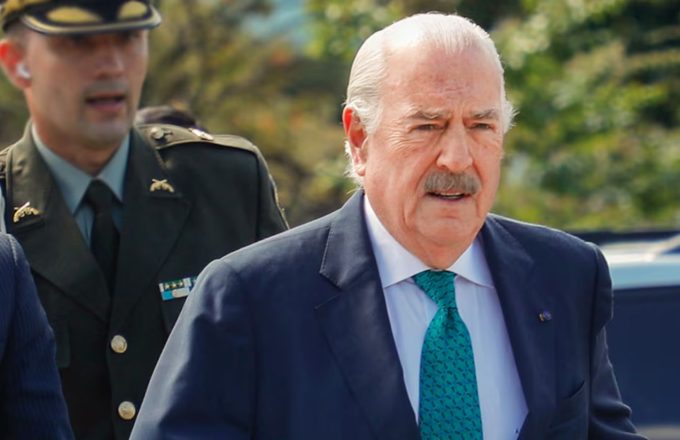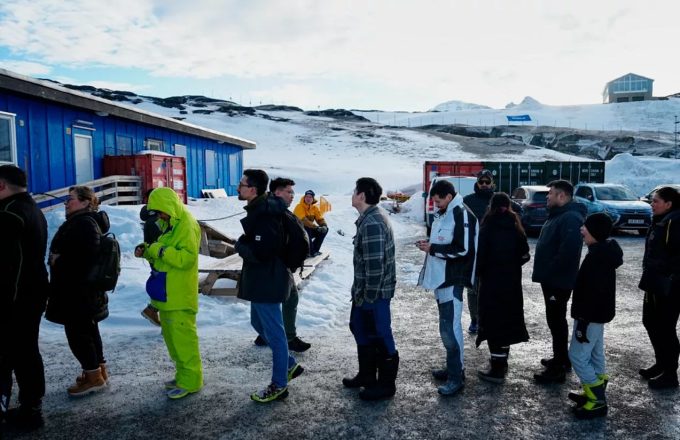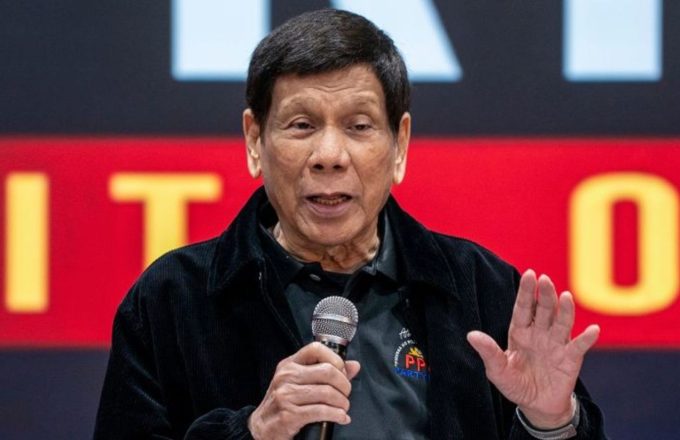An unusually high number of Chinese military vessels, aircraft, and drones entered the airspace and waters around Taiwan between Sunday and Monday, according to the Ministry of Defense of the self-governing island.
China justified the military exercises as a response to recent statements and actions by the United States and Taiwan. On Tuesday, Taiwan’s Ministry of Defense shared images of the Chinese aircraft and vessels, noting that 43 of the 59 detected units had entered Taiwan’s air defense identification zone. No confrontations were reported, though the island deployed aircraft, navy ships, and coastal defenses with anti-ship missiles to monitor the situation.
China conducts such incursions daily in an effort to weaken Taiwan’s defenses and morale. However, the majority of the island’s 23 million residents reject Beijing’s sovereignty claim and its threat to use force to take control.
It remains unclear what triggered this large-scale deployment. The scale of these operations frequently fluctuates and often depends on statements from Taiwanese authorities or their allies in Washington.
On Monday, Chinese Foreign Ministry spokesperson Mao Ning described the exercises as “a firm response to foreign collusion and support for Taiwan’s independence, as well as a serious warning to separatist forces on the island.” She added that these military actions were “necessary, legal, and justified measures to defend China’s national sovereignty, security, and territorial integrity.”
Mao also criticized the United States for removing a reference to the “One China” principle and its stance against Taiwan’s independence from the State Department’s website, calling the move a misleading signal to separatist groups on the island.
Last week, Taiwanese President William Lai Ching-te further angered Beijing by stating that the island’s laws classify mainland China as a “hostile foreign force.” Lai also announced stricter measures to counter Chinese influence in the media and civic exchanges and warned about the risk of active and retired military personnel selling confidential information to Beijing.
The Taiwan Strait is one of the most important maritime routes for global trade. While China does not interfere with civilian navigation in the area or in the South China Sea, which it claims almost entirely, it frequently opposes military activities by the United States and other foreign powers in the region.
On Saturday, Beijing rejected accusations from the Group of Seven (G7) diplomats, who claimed that China’s actions were endangering maritime security. In a joint statement, the G7 condemned China’s “illegal, provocative, coercive, and dangerous actions that seek to unilaterally alter the status quo and risk undermining regional stability,” referring to the construction of artificial islands and their military use.
Amid growing pressure from China, Taiwan has strengthened its defense by acquiring missiles, aircraft, and other weaponry from the United States while also bolstering its domestic military industry with the development of submarines and other strategic systems.
Beijing considers Taiwan, which has been autonomously governed since 1949, to be an “inalienable part” of its territory and has not ruled out the use of force to achieve “national reunification,” a key objective set by Chinese President Xi Jinping since he took power in 2012.
Meanwhile, Taiwan’s government, led since 2016 by the pro-sovereignty Democratic Progressive Party (DPP), maintains that the island already functions as an independent nation under the name of the Republic of China and insists that its future can only be decided by its citizens.


